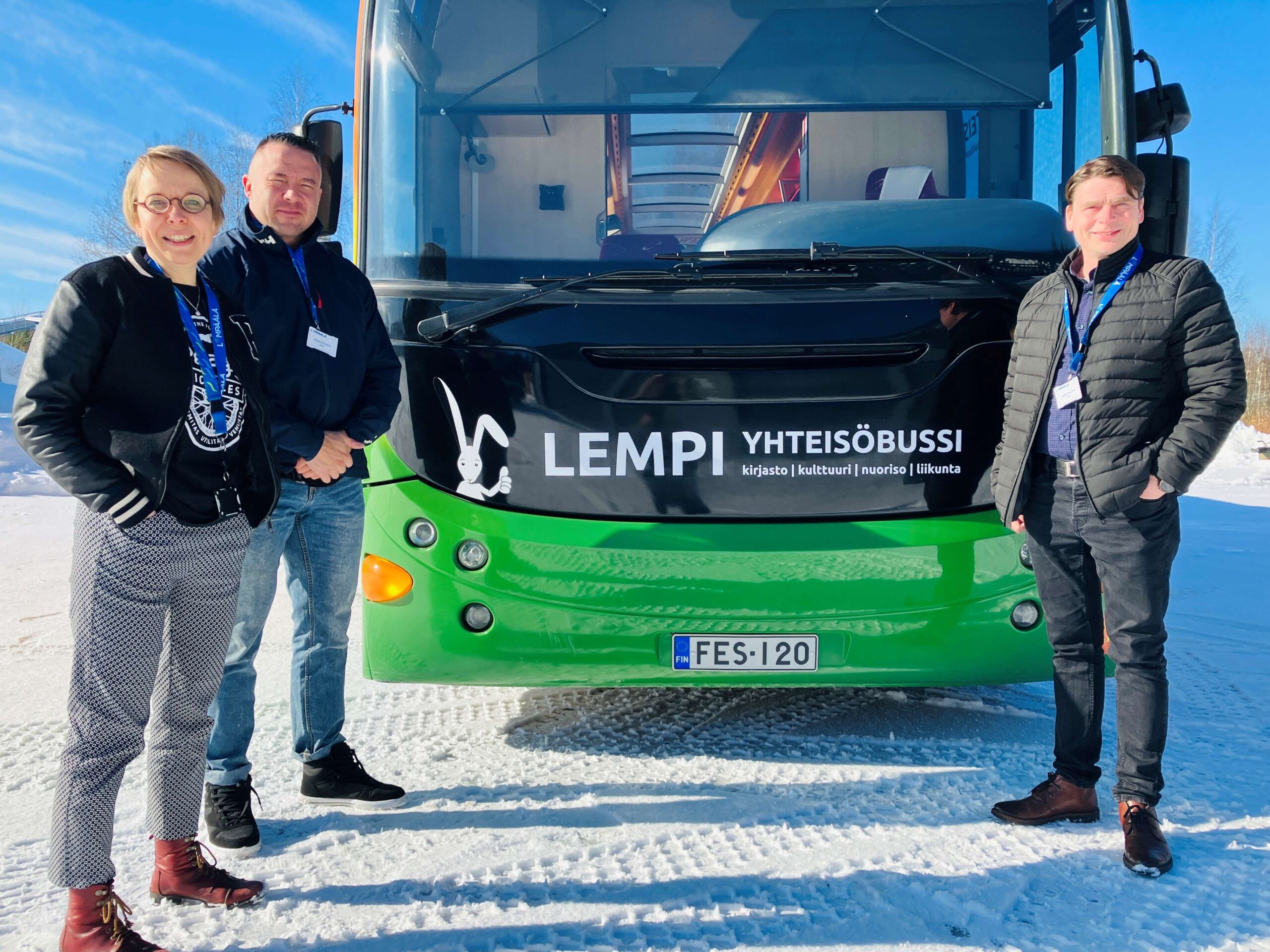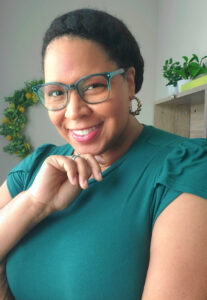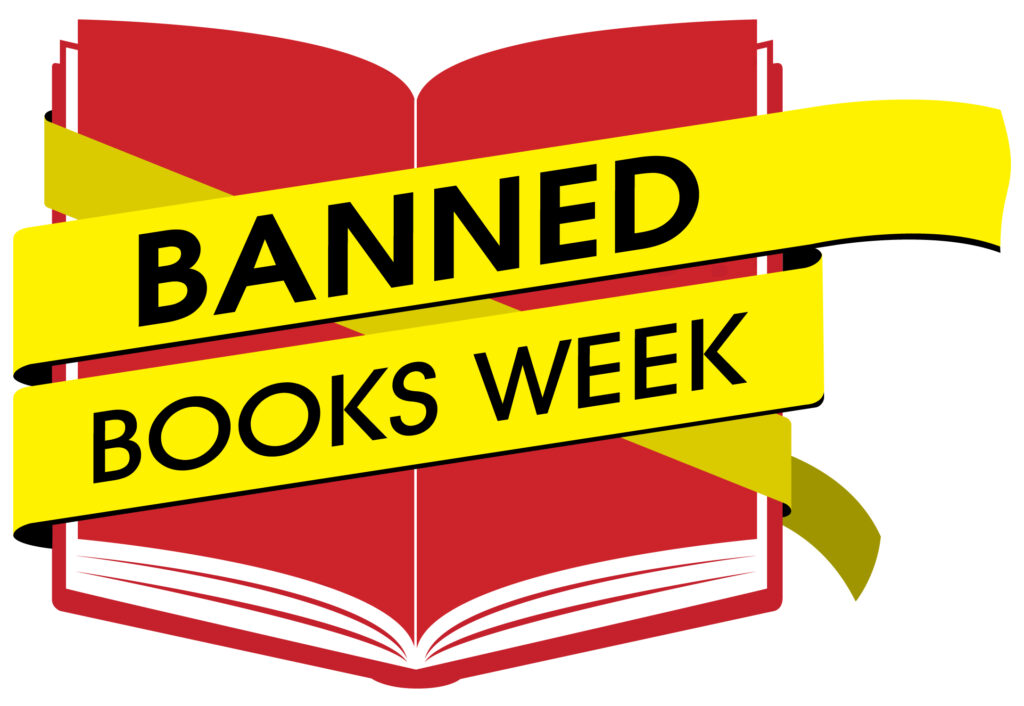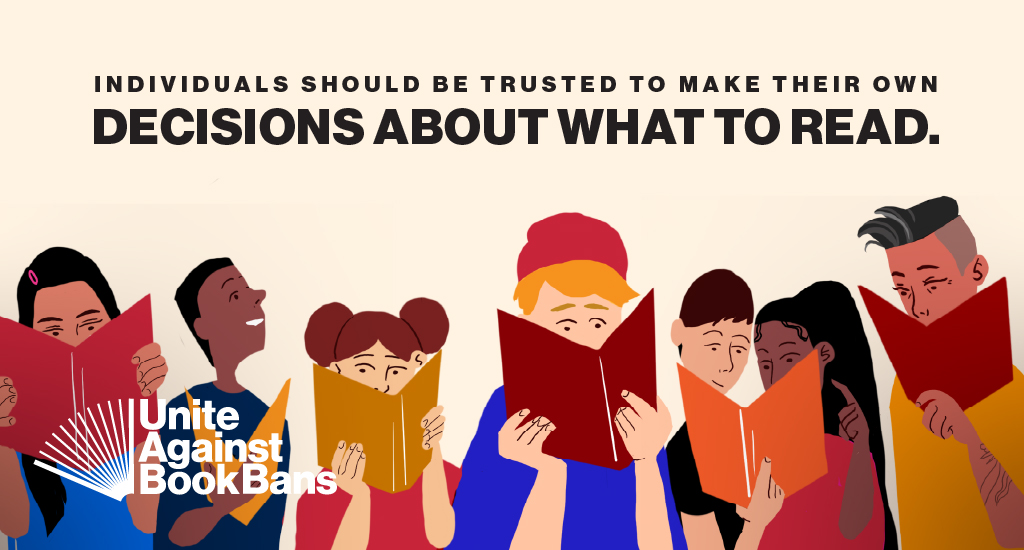At a recent trip to the Sharjah International Library Conference in Sharjah, United Arab Emirates, I had an opportunity to connect with Rebecca Hastie, and learned more about her work as an academic librarian incorporating generative artificial intelligence tools in library instruction. In this blog post, we focus on Rebecca’s work and how she engages with her learners in this new area! Our work in CPDWL Section focuses on professional development in the workplace, and we bring the professional development ideas to you!
Rebecca Hastie is an academic librarian currently based at the American University of Sharjah in the United Arab Emirates. Specializing in information literacy, Rebecca is driven by her commitment to developing information literacy skills in students that will assist them not only in their academic lives but their personal lives as well. Her interests extend to exploring the influence of filter bubbles and algorithmic bias on information seeking behavior, and the potential of information evaluation methods to counter misinformation ‘rabbit holes’.
Can you tell us about you and your work in American University of Sharjah?
Rebecca: I’m the Information Literacy Librarian at the American University of Sharjah, an American-style liberal arts education university in the United Arab Emirates. A major component of this role is creating and running information literacy (IL) workshops taught in three core writing courses in the General Education program. These IL workshops are scaffolded so that in their first year students will learn about the online information landscape and basic library database skills, followed by more advanced search and information evaluation skills in their second year.
The high workload of teaching these workshops (last Spring semester saw 60 workshops delivered to 715 students) is managed by myself, my teaching assistant, and another full-time librarian. It’s crucial that the content not only resonates with all students across the courses but is also consistently deliverable by any one of us. To ensure that these sessions are as impactful as possible, I regularly update both the content and the exercises in these workshops. In addition to the General Education workshops I also run extra curricular IL-themed workshops and organize our student-focused events such as orientation, first year experience program, and activities to ‘de-stress’ over exam periods. Over this semester I’ve been incorporating AI into my work activities and learning as much as I can about AI to ensure that I can guide students in responsibly using these tools without neglecting traditional academic research methods.
What are your thoughts on generative artificial intelligence tools being used in libraries?
Rebecca: I think soon the ability to use generative AI for simple tasks will be as necessary as the ability to use email. Now that AI has entered the mainstream, as librarians it’s essential that we equip our patrons, and ourselves, with the ability to use these tools effectively and understand their capabilities and limitations. I find generative AI tools very helpful at speeding up tasks such as drafting content, creating presentations, and structuring lesson plans.
With AI-generated information increasing across the information landscape, I believe it is vital for libraries to expand information literacy objectives to include AI literacy. We must support our communities in having the skills to critically identify and evaluate AI-generated information, and understand how AI content is generated. AI literacy instruction needs to go beyond fact-checking and emphasize how historical and societal biases in AI training datasets can lead AI to reinforce and perpetuate inequality and oppressive perspectives. I also believe it to be more important now than ever for libraries to amplify underrepresented voices, original thought, and diverse perspectives, helping them to not be overshadowed by a flood of AI-produced content regurgitating old ideas.
How have you taught generative AI tools in your workshops? What were the responses like?
Rebecca: In my General Education IL workshops, I’ve introduced prompts to use in ChatGPT to brainstorm keywords and search strategies for library databases. I’ve also overlaid a text box labeled “ChatGPT” onto a graphic I use to show the three layers of the internet, showing how both Google’s indexing and AI datasets consist of surface web data, emphasizing the importance of knowing how to use our library catalog and academic databases to access scholarly information.
Additionally, I’ve recently finished running a four-part workshop series titled ‘AI Amplified’. The workshops were: Enhancing Research Skills with AI, Evaluating AI-Generated Content & Editing with AI, Creating Presentations using AI, and Using AI to Job Hunt. The series went beyond chatbots and also covered various generative AI tools including image generators, presentation creation tools, and AI-based recruitment scanners. The feedback to these workshops was really positive and I look forward to offering the series again in the upcoming Spring semester.
One exercise that went really well was asking participants to critique the answers provided by ChatGPT and Google Bard to the same query about an historic event. I was impressed by the insights made without my prompting, with participants identifying issues such as a poor writing flow and structure, repetition, uneven weighting of influential factors, and noticing the dominant narrative.
Due to how fast generative AI technology is moving I think it’s important to focus on teaching overarching AI skills rather than just techniques for using particular tools and I will revise this workshop series with this in mind to ensure longevity of the content.
Anything else you like to share with us that we didn’t get to talk about?
Rebecca: As we all learn on the job and try to keep ahead of all the rapid advancements in AI, it’s impossible for anyone to keep up with everything single-handedly! I know that teamwork will be crucial for our shared success as information specialists so I would love to hear from other librarians working in this space and I would be very happy to share any of my materials with anyone who may be interested.














